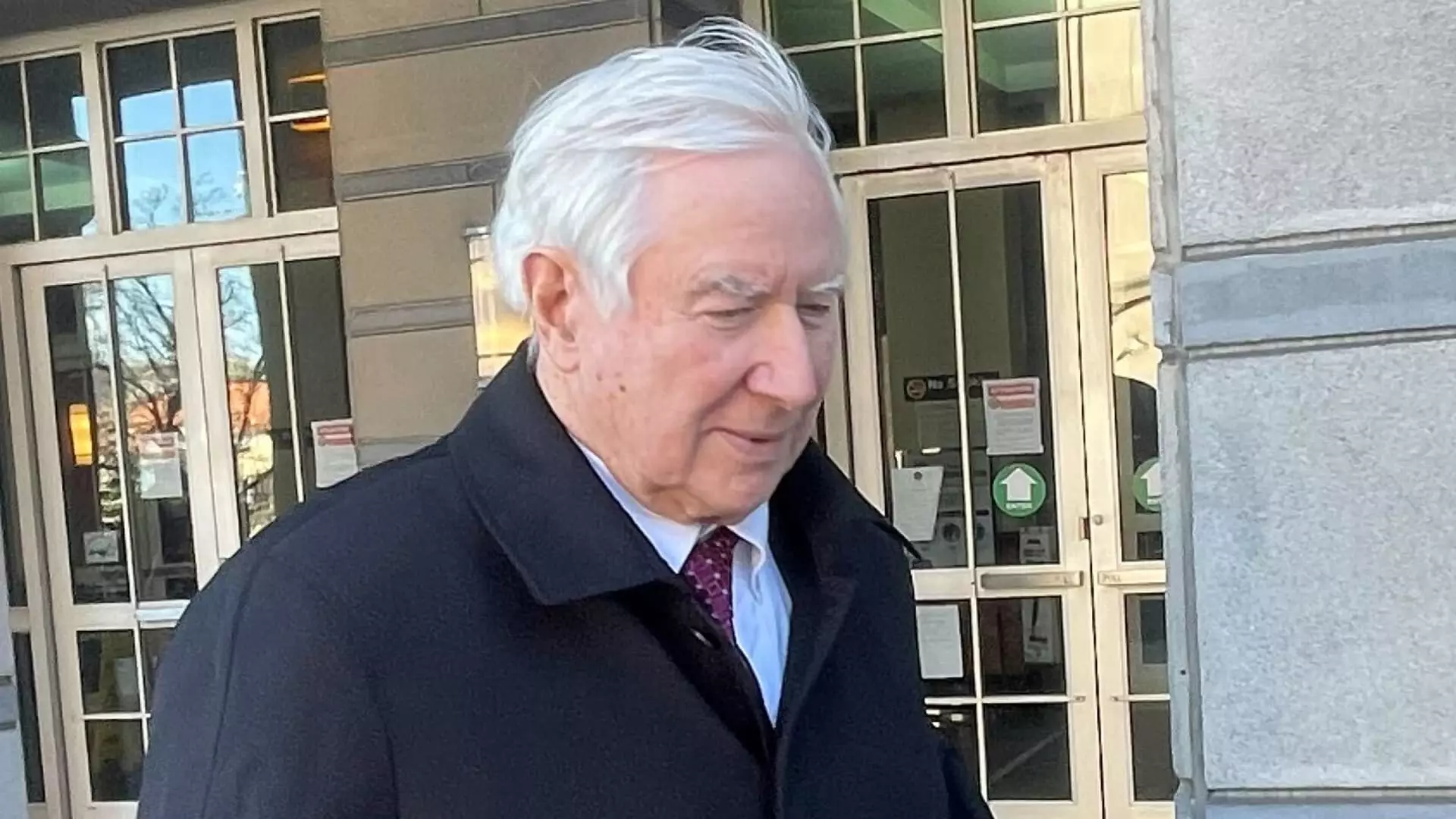In a shocking turn of events, a father and son have admitted to orchestrating a sophisticated and deliberate stock manipulation scheme that exploited a struggling New Jersey deli’s publicly traded parent company. The legal proceedings, which have captivated public interest, shed light on the darker side of financial markets where deceit and greed can drive individuals to engage in illegal activities. Peter Coker Sr. and Peter Coker Jr.’s guilty pleas, announced in a Camden, New Jersey court, introduce both a cautionary tale and a stark reminder of the legal boundaries that can easily be crossed in the pursuit of profit.
The fraudulent activities spanned nearly eight years, from 2014 to September 2022, involving coordinated trading strategies that artificially inflated stock prices. Central to the scheme was a company formerly known as Hometown International, whose purported assets were strikingly incongruent with its market capitalization of approximately $100 million. It became evident that the main business asset was merely a local deli, aptly named Your Hometown Deli in Paulsboro. The stock price of Hometown surged by an astonishing 900%, while a related entity, a shell company renamed E-Waste, demonstrated a staggering rise of almost 20,000%.
This duplicitous approach relied on creating a false perception of high demand for shares, thus misleading investors and manipulating public confidence in the companies. Meanwhile, Coker Sr. and Coker Jr., alongside their accomplice James Patten, seized control of both firms, aiming to leverage them as platforms for reverse mergers—a popular strategy where a private company acquires a public one to bypass the arduous process of going public.
Both Cokers are bracing for sentencing, expected in the spring of 2024. Federal prosecutors indicate that the potential repercussions could involve maximum sentences of up to 20 years in prison, serving as a grim reminder of the consequences that come with violating securities laws. The elder Coker, 82, has been free on bond since his arrest, while his son, 56, has been held without bail following his extradition from Thailand. The disparity in their legal situations underscores the complexities often encountered within legal frameworks, particularly how prior legal histories—like Patten’s previous conviction for mail fraud—can impact current proceedings.
As the saga unfolds, it reflects broader trends surrounding corporate governance and the ethical responsibilities of individuals within the financial sector. Stock manipulation undermines market integrity and can have far-reaching negative effects on investors, from small stakeholders to larger institutional entities. This case serves as a critical reminder of the necessity for stringent oversight in financial markets and the importance of adhering to legal standards.
The somber reality is that those caught in the web of deception may face not only legal consequences but also lifelong reputational damage. The Cokers’ scheme emphasizes the need for vigilance among investors and regulatory bodies alike, ensuring that the integrity of financial markets is maintained and fraudulent practices are swiftly addressed.


Leave a Reply